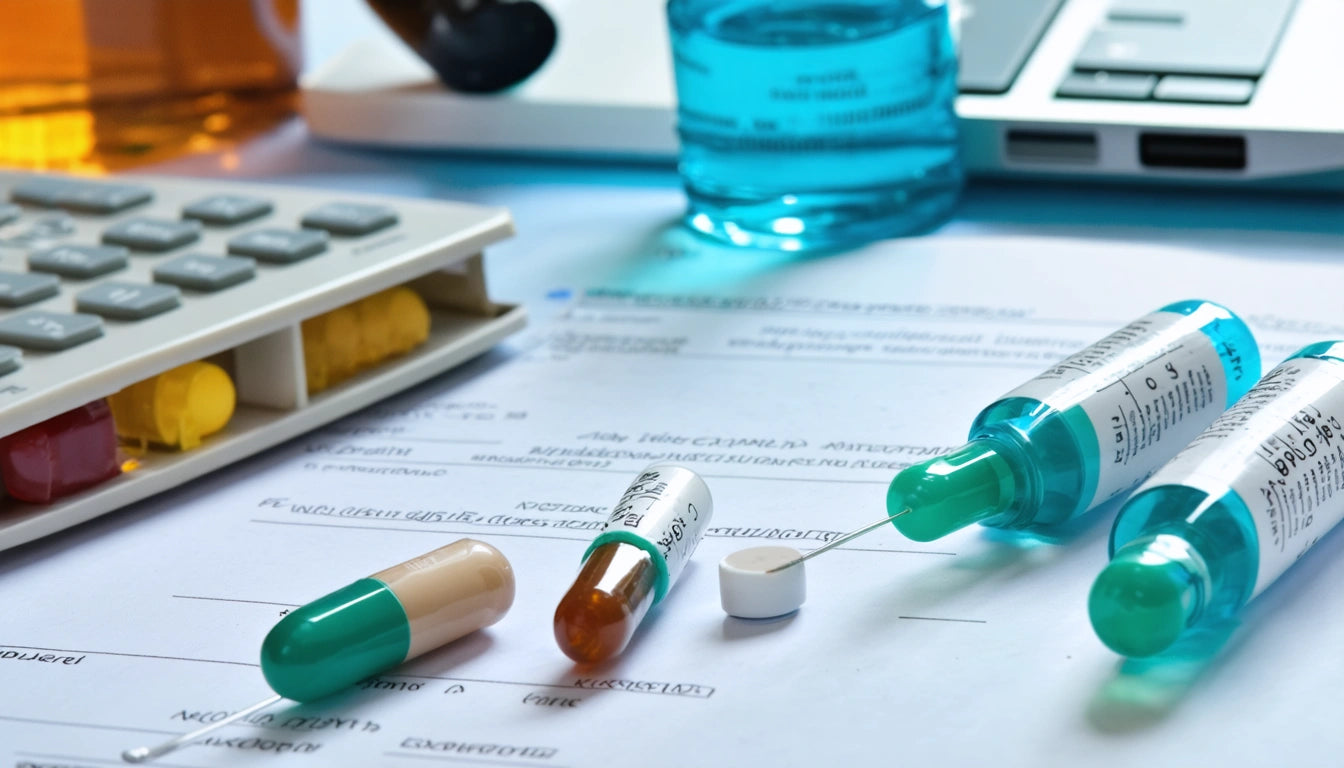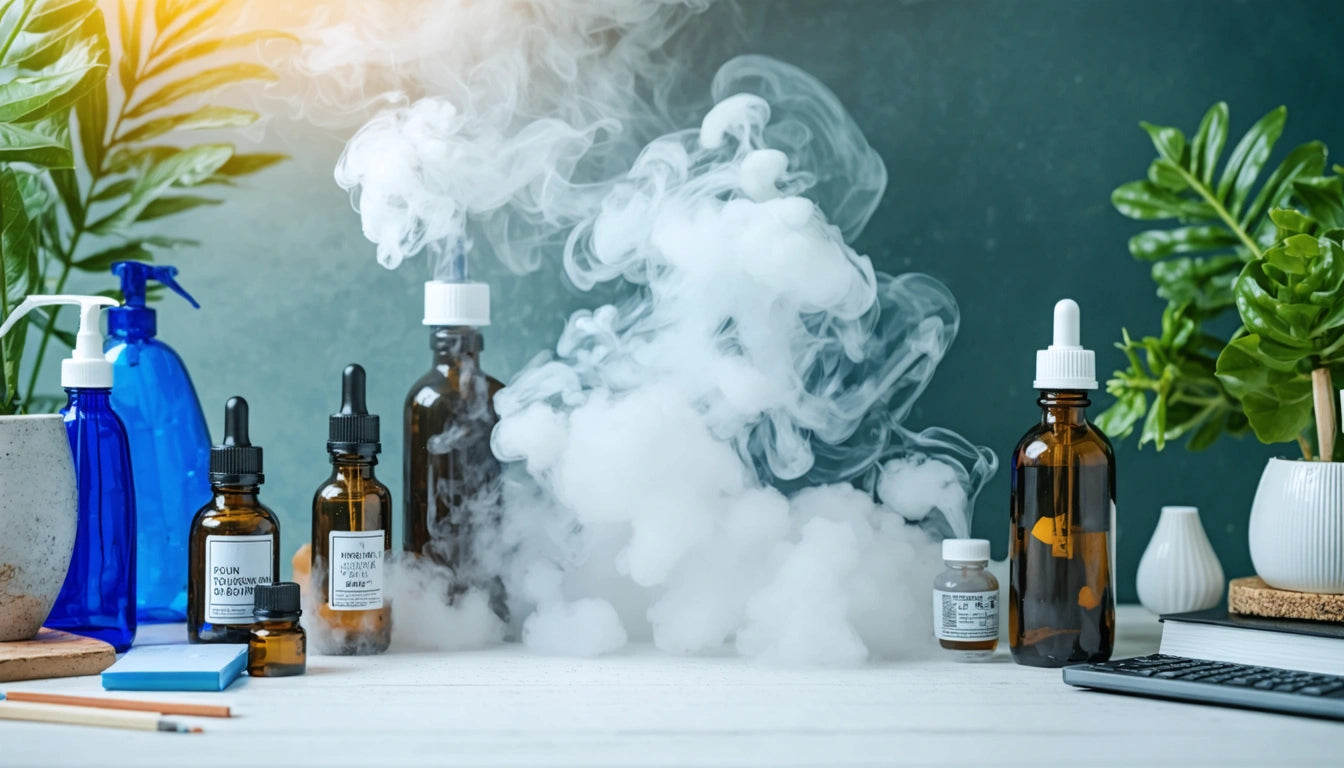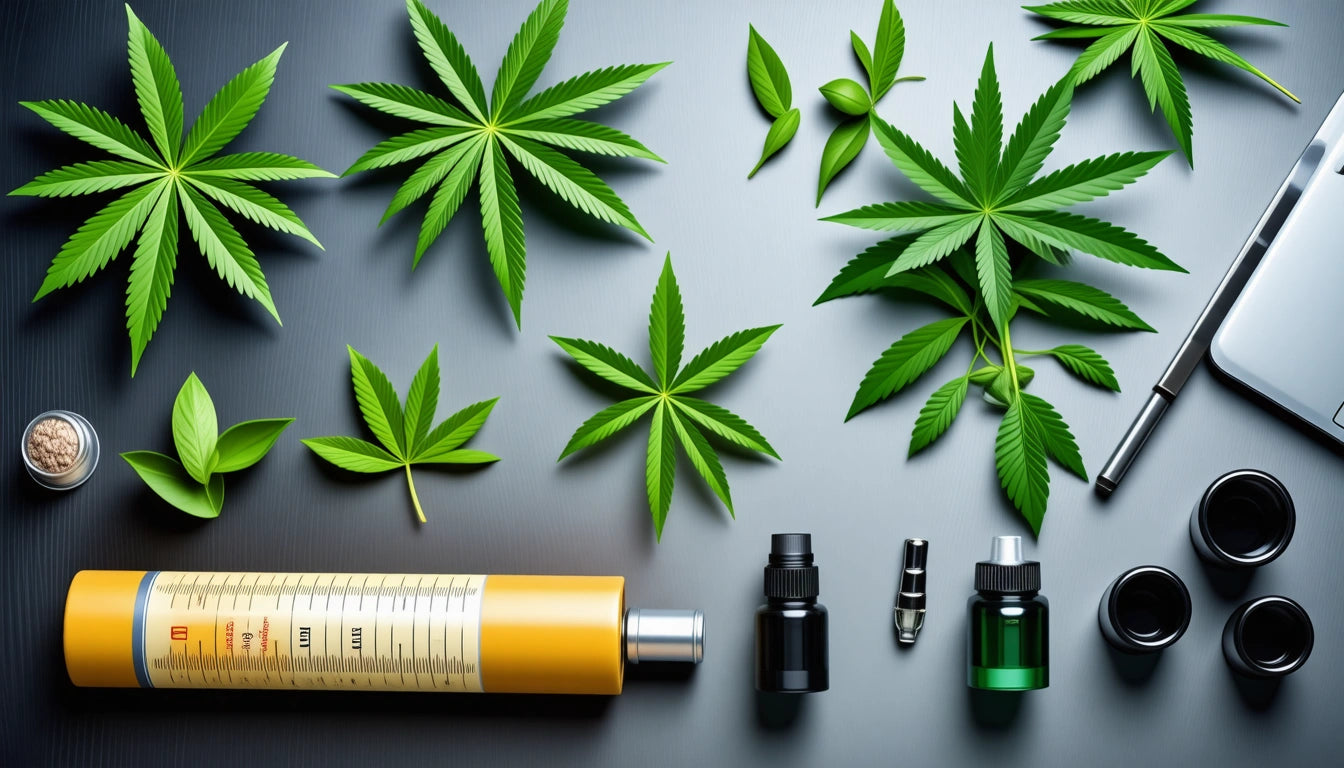Table of Contents
- Understanding Drug Tests: Types and Detection Methods
- Methods People Attempt to Fake Drug Tests
- Detection Countermeasures: How Labs Identify Tampering
- Surreptitious Testing: Ethical and Legal Considerations
- Legal Implications of Test Manipulation and Unauthorized Testing
- Ethical Considerations and Responsible Approaches
Techniques and Controversies: Faking and Surreptitiously Administering Drug Tests
Drug testing remains a contentious topic across employment, legal, and personal contexts. While many seek information on how to fake a drug test, others wonder about testing someone without their knowledge. This article examines both sides of this complex issue, exploring methods, countermeasures, and the serious ethical and legal implications involved.
Understanding Drug Tests: Types and Detection Methods
Before discussing manipulation techniques, it's important to understand the various drug testing methodologies. Each type has different detection windows and accuracy levels.
Common Drug Test Types
- Urine tests: Most common, detecting recent use (typically 1-4 days)
- Hair tests: Can detect substances used within the past 90 days
- Blood tests: Short detection window but high accuracy
- Saliva tests: Typically detect very recent use (24-48 hours)
- Sweat tests: Used for continuous monitoring over days or weeks
According to this comprehensive guide to drug testing, urine tests remain the most frequently used due to their balance of cost-effectiveness and reliability.
Methods People Attempt to Fake Drug Tests
Those wondering how to fool a drug test often encounter numerous strategies online, though many are ineffective or detectable.
Dilution Techniques
Dilution involves attempting to lower the concentration of detectable substances by consuming large amounts of water. While this may affect test results, modern labs check for dilution markers such as creatinine levels and specific gravity.
Substitution Methods
Substitution involves using someone else's clean urine or synthetic urine. This approach requires careful temperature control, as samples must be between 90-100 °F to pass initial screening. Many people consider using synthetic urine, though labs increasingly test for artificial markers.
Detoxification Products
The market offers numerous detoxification products claiming to cleanse the system quickly. While some may temporarily affect test results, research on their effectiveness shows mixed results, with many failing to work as advertised.
Detection Countermeasures: How Labs Identify Tampering
Testing facilities are well aware of manipulation attempts and employ various countermeasures. Modern labs check for:
- Sample temperature (must be within human body temperature range)
- Specific gravity and creatinine levels (indicators of dilution)
- Presence of adulterants or artificial compounds
- pH levels outside normal human range
- Oxidizing agents from detox products
For those considering storage solutions for samples, proper containers are essential. Some individuals use specialized storage solutions like high-quality mylar storage bags which can maintain sample integrity for various purposes, though this doesn't guarantee test success.
Surreptitious Testing: Ethical and Legal Considerations
On the other side of this issue, some individuals search for ways to drug test someone without them knowing. This raises serious ethical and legal concerns.
Methods of Covert Testing
Covert testing typically involves collecting a biological sample (hair, urine, or saliva) without the person's knowledge and submitting it for analysis. Home test kits are available but using them without consent is problematic.
Privacy Violations
Testing someone without their knowledge violates their privacy rights in most jurisdictions. While parents may have some legal authority to test minor children, testing other adults without consent is generally illegal.
Legal Implications of Test Manipulation and Unauthorized Testing
Both faking a drug test and testing someone without consent carry serious legal risks.
Penalties for Falsifying Tests
Depending on the context, falsifying a drug test may constitute:
- Fraud (especially in employment contexts)
- Violation of probation or parole conditions
- Contempt of court (for court-ordered tests)
- Criminal charges in some jurisdictions
Several states have enacted specific legislation making it illegal to falsify drug tests or sell products designed for this purpose.
Legal Issues with Covert Testing
Testing someone without consent may violate:
- Privacy laws
- Medical consent requirements
- Search and seizure protections
- Workplace regulations
Even in family settings, unauthorized testing may complicate custody arrangements or violate co-parenting agreements.
Ethical Considerations and Responsible Approaches
Rather than focusing on how to trick a drug test or test someone covertly, consider these more responsible approaches:
For Those Facing Tests
- Natural detoxification through time, hydration, and exercise
- Honest disclosure when appropriate
- Understanding employer policies and legal rights
- Seeking treatment if substance use is problematic
As outlined in this guide on natural approaches, time remains the most reliable method for clearing substances from your system.
For Those Concerned About Others
- Open communication about concerns
- Offering support and resources
- Professional intervention when appropriate
- Understanding legal boundaries
Building trust through transparency generally yields better outcomes than covert surveillance, which can permanently damage relationships.
Whether you're concerned about passing a test or worried about someone else's substance use, ethical and legal approaches exist that respect both personal boundaries and legitimate concerns.











Leave a comment
All comments are moderated before being published.
This site is protected by hCaptcha and the hCaptcha Privacy Policy and Terms of Service apply.